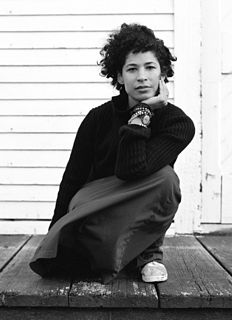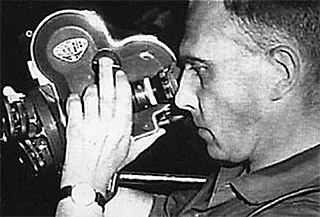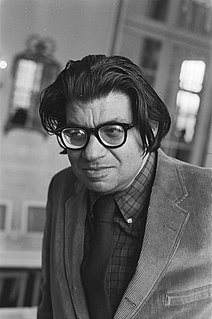A Quote by Elie Wiesel
Remembering is a noble and necessary act. The call of memory, the call to memory, reaches us from the very dawn of history. No commandment figures so frequently, so insistently, in the Bible. It is incumbent upon us to remember the good we have received, and the evil we have suffered.
Related Quotes
Memory is corrupted and ruined by a crowd of memories. If I am going to have a true memory, there are a thousand things that must first be forgotten. Memory is not fully itself when it reaches only into the past. A memory that is not alive to the present does not remember the here and now, does not remember its true identity, is not memory at all. He who remembers nothing but facts and past events, and is never brought back into the present, is a victim of amnesia.
But pain may be a gift to us. Remember, after all, that pain is one of the ways we register in memory the things that vanish, that are taken away. We fix them in our minds forever by yearning, by pain, by crying out. Pain, the pain that seems unbearable at the time, is memory's first imprinting step, the cornerstone of the temple we erect inside us in memory of the dead. Pain is part of memory, and memory is a God-given gift.
It seems to me, that this, too, is how memory works. What we remember of what was done to us shapes our view, molds us, sets our stance. But what we remember is past, it no longer exists, and yet we hold on to it, live by it, surrender so much control to it. What do we become when we put down the scripts written by history and memory, when each person before us can be seen free of the cultural or personal narrative we've inherited or devised? When we, ourselves, can taste that freedom.
Advent's intention is to awaken the most profound and basic emotional memory within us, namely, the memory of the God who became a child. This is a healing memory; it brings hope. The purpose of the Church's year is continually to rehearse her great history of memories, to awaken the heart's memory so that it can discern the star of hope.
Memory is a dead thing. Memory is not truth and cannot ever be, because truth is always alive, truth is life; memory is persistence of that which is no more. It is living in ghost world, but it contains us, it is our prison. In fact it is us. Memory creates the knot, the complex called the I and the ego
Objects obey quantum laws- they spread in possibility following the equation discovered by Erwin Schodinger- but the equation is not codified within the objects. Likewise, appropriate non-linear equations govern the dynamical response of bodies that have gone through the conditioning of quantum memory, although this memory is not recorded in them. Whereas classical memory is recorded in objects like a tape, quantum memory is truly the analog of what the ancients call Akashic memory, memory written in Akasha, Emptiness- nowhere.
We live with such easy assumptions, don't we? For instance, that memory equals events plus time. But it's all much odder than this. Who was it said that memory is what we thought we'd forgotten? And it ought to be obvious to us that time doesn't act as a fixative, rather as a solvent. But it's not convenient--- it's not useful--- to believe this; it doesn't help us get on with our lives; so we ignore it.





































